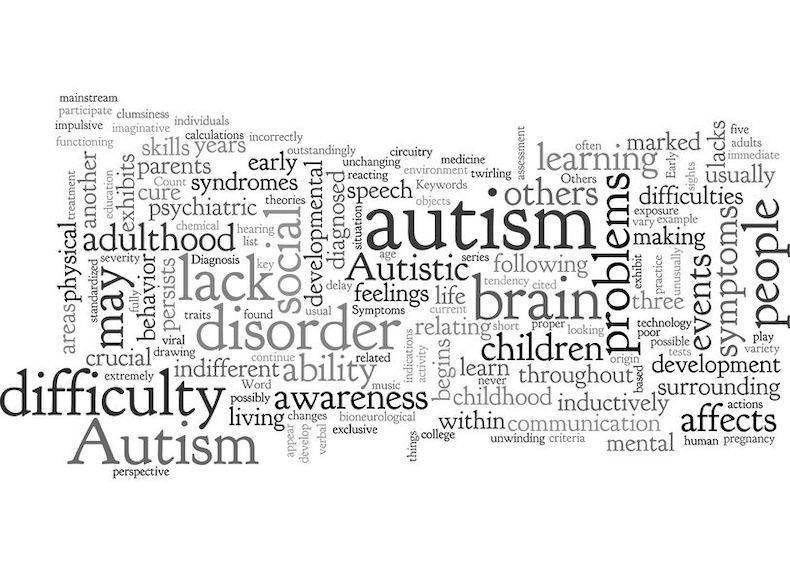
It is a little-known fact about adults on the Autism spectrum, that problem-solving and behavioral regulation are often more significant challenges than the social difficulties commonly associated with these conditions.
Problem-solving and regulation of behavior are controlled by several higher-order cognitive abilities, known together by the global term, Executive Functioning (EF). Ever since Autism Spectrum Disorder, were first described, EF difficulties have been considered a prominent feature of these disorders.
It may be true that not everyone with Autism Spectrum Disorder has difficulty with executive functioning, but without a doubt the vast majority are significantly impacted by limitations in executive functioning. Yet, what these limitations actually look like in adults on the spectrum is not widely known.
Here is a list of the main executive functioning skills and the impairments in those skills that are most often seen in adults with Autism Spectrum Disorder.
The impairments are described in italics for each EF category.
Planning and Organization
This involves the ability to anticipate future events, set goals and prioritize those goals.
- Lacking a commitment to plans (the person can’t make decisions about starting and carrying through with plans).
- Waiting until the last moment to start a project.
- Misunderstanding the time and effort needed to complete a task.
- Focusing more on the details of a plan and in doing so missing the larger picture.
Impulse Control
The ability to inhibit undesirable behavior and control the impulse to act.
- Talking before thinking
- Disregarding or minimizing the long-term impact of an action.
- Blurting out inappropriate comments or interrupting others unnecessarily.
Initiating Tasks
Trouble beginning an assignment, job, or task.
- Delaying or postponing a project.
- Trouble transitioning from one task to another.
Emotional Dysregulation
Inability to manage the intensity and duration of negative emotions, such as fear, sadness, or anger.
- Overreacting to small problems
- Becoming easily upset and having trouble calming down.
- Lacking insight into the causes of emotional reactions.
Working Memory
The ability to remember and manipulate information for brief periods of time in order to guide decision-making and behavior.
- Trouble with multi-step tasks.
- Not following the flow of conversations within a group.
- Managing one task at a time rather than executing several tasks simultaneously.
Shifting
The ability to move freely from one activity or situation to another, to tolerate change, and to switch attention.
- Difficulty stopping an activity and moving on to the next task.
- Trouble tolerating unpredictable events or changes.
- Becoming stuck on a particular course of action without shifting to another.
Poor Self-Monitoring
The extent to which people control the image they present to others in social situations.
- Not noticing careless errors.
- Trouble separating out actions that work from those that don’t.
- Poor awareness of what others think and feel, and how they regulate their own behavior.
Organization
Putting order in one’s life, the responsibilities one has, the way time is allocated, and the priorities of day-to-day actions.
- Trouble creating and carrying out an efficient and orderly approach to tasks.
- Unsystematic approaches to planning and scheduling tasks.
- Lack of collaboration with others.
- Problems creating and keeping deadlines.
Two Important Outcomes of EF Deficits in Adults
The above list of problems in executive functioning is, in itself, indicative of the challenges many adults on the spectrum experience in their day-to-day living. However, studies show that two key factors in determining the quality of life for people on the spectrum are associated with executive functioning: adaptive functioning and depression/anxiety. In a nutshell, people with prominent EF deficits are less adept in navigating through the demands of everyday living. They are also more likely to experience either anxiety or depression, or a combination of the two.
These findings suggest that help improving EF skills would make a big difference in one’s effectiveness in life and overall emotional and psychological health.
Dr. Kenneth Roberson is an Autism Spectrum Disorder psychologist offering Therapy for Adults with Autism Spectrum Disorder in California (San Francisco) for over 30 years.
